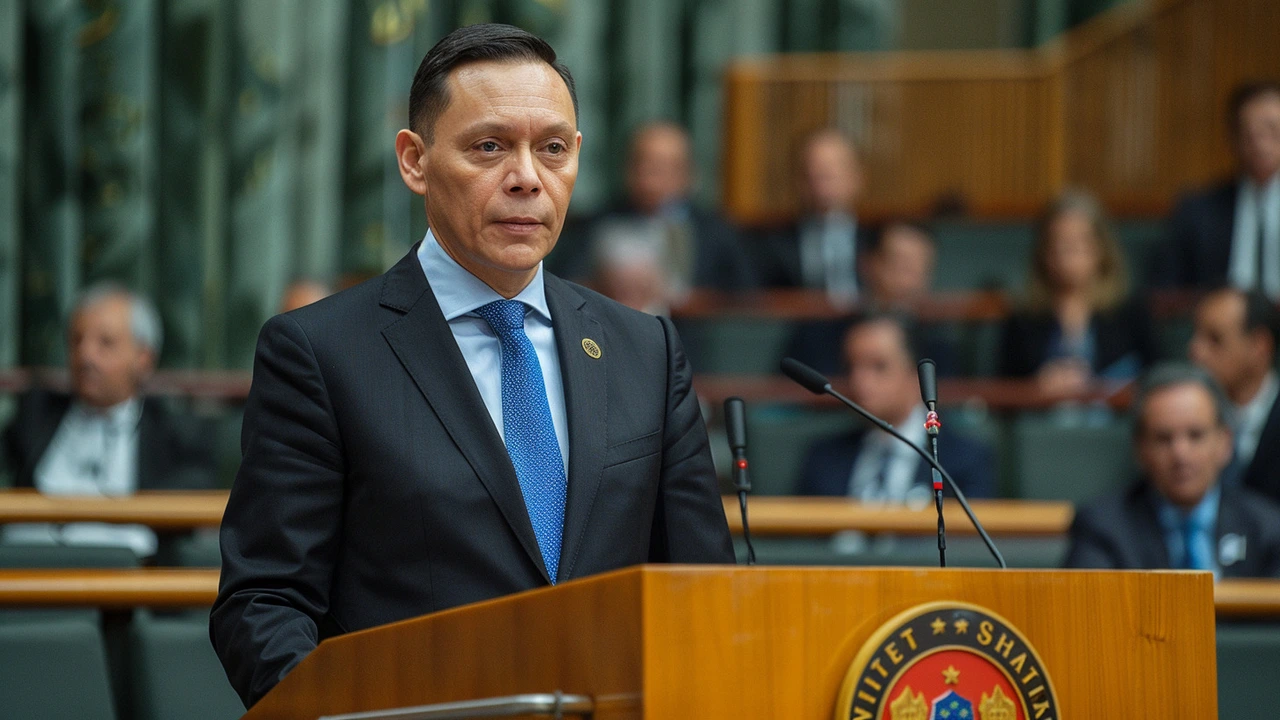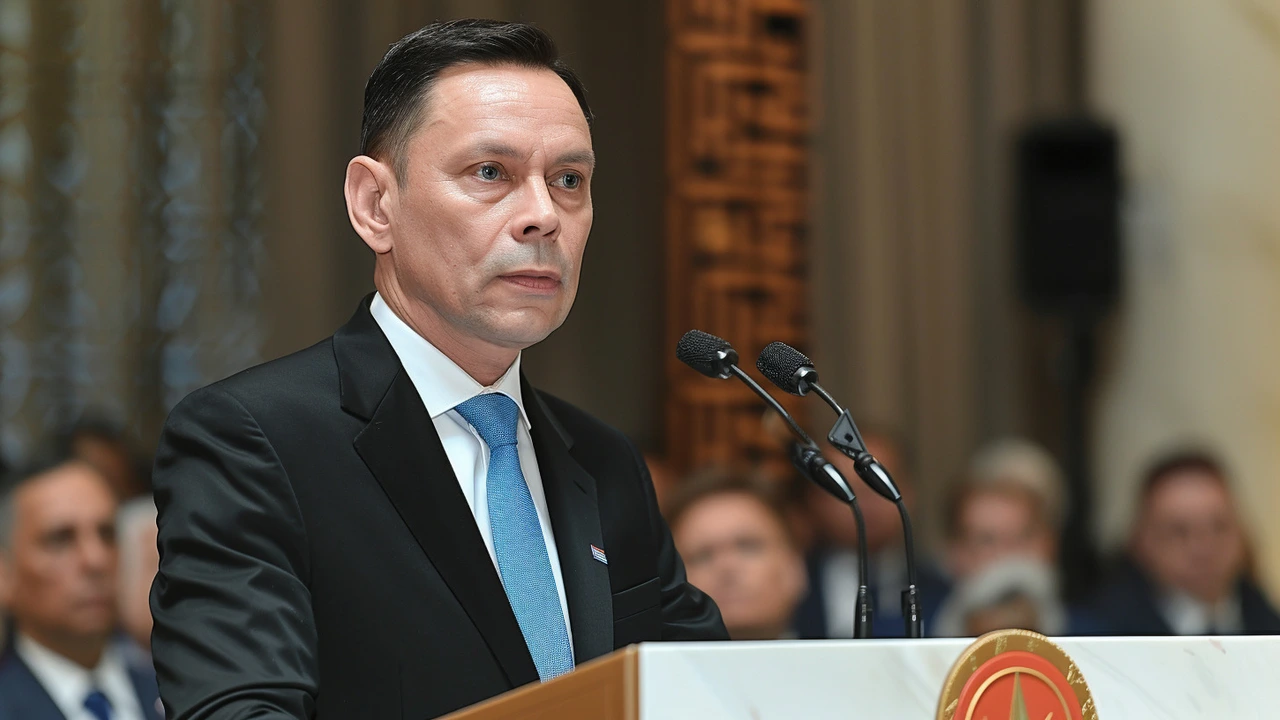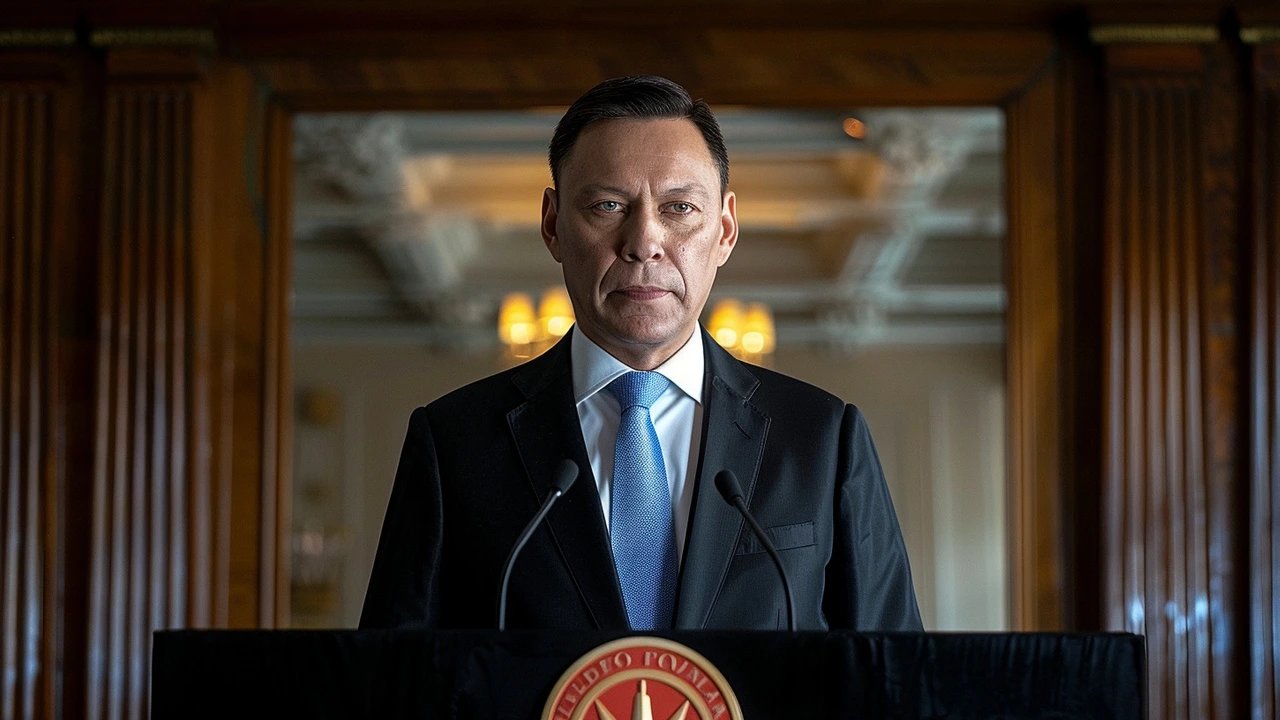
Stricter Migration Measures
The Portuguese government has taken significant steps to tighten its migration policies in response to a considerable rise in migrant arrivals in recent years. This surge has admittedly put a strain on the country's resources, prompting the administration to find ways to manage the situation effectively. The new measures are designed to both enhance border security and streamline the asylum process, with a focus on reducing the number of asylum seekers and improving the integration of those who are eventually granted asylum.
The tightening of border controls is a key component of these new policies. Portugal aims to limit illegal crossings and ensure that individuals entering the country do so through legal channels. This will require an increase in border patrols, the installation of more advanced surveillance technology, and closer coordination with neighboring countries and European Union agencies. The government believes that these measures will also curb human trafficking and other illegal activities associated with uncontrolled migration.

Enhancing the Asylum Process
To complement the stricter border controls, the Portuguese government is also focusing on making the asylum process more efficient. Currently, the system is burdened by a backlog of applications, leading to long waiting times and significant delays in decision-making. The new policy aims to speed up this process by allocating additional resources to the asylum authorities, including more personnel and better technology. By doing so, the government hopes to ensure that asylum applications are processed swiftly and fairly, reducing the uncertainty for applicants and allowing for quicker integration of approved asylum seekers into Portuguese society.
A parallel objective of this policy is to increase the number of deportations for those whose asylum claims are denied. The authorities argue that a more stringent policy on deportations is necessary to maintain the integrity of the asylum system and ensure that only those who genuinely need protection are granted it. To achieve this, Portugal will adopt more robust procedures for identifying and removing individuals who have exhausted all legal avenues for appeal. The government will invest in better coordination between immigration and law enforcement agencies to facilitate the deportation process.

Addressing Resource Pressure
The influx of migrants in recent years has undoubtedly put pressure on Portugal's resources, particularly in areas such as housing, healthcare, and social services. The government acknowledges that it needs to strike a balance between welcoming those in need and ensuring sustainable management of its resources. Part of the new policy includes measures aimed at improving the integration of asylum seekers who are allowed to stay in the country. This includes language training, employment support, and community engagement programs designed to help newcomers adapt to life in Portugal and become active contributors to society.
Additionally, the government is exploring partnerships with non-governmental organizations (NGOs) and international agencies to support their migration efforts. These partnerships can provide expertise, additional resources, and innovative solutions to address the complex challenges posed by migration. By working collaboratively with these organizations, Portugal aims to create a more inclusive and supportive environment for migrants, while also ensuring that the country can manage its resource allocation effectively.
Impact and Future Outlook
The impact of these new policies on migration in Portugal remains to be seen. Proponents argue that stricter measures are necessary to ensure that the country can handle the increasing number of migrants without compromising its ability to provide adequate services and opportunities for its citizens. Critics, however, caution that such policies could lead to human rights violations and create a hostile environment for migrants and refugees.
As Portugal moves forward with the implementation of these measures, it will be crucial for the government to monitor their outcomes and make necessary adjustments. The balance between security and humanitarian considerations is delicate, and the response of the international community, including the EU, will play a significant role in shaping Portugal's migration policies. The government hopes that through a combination of stricter controls, efficient processes, and robust integration programs, it can address the challenges posed by migration while upholding its commitment to human rights and international obligations.
In conclusion, Portugal's decision to enforce stricter migration policies reflects the growing pressures and complexities associated with global migration patterns. By enhancing border control, streamlining the asylum process, and focusing on sustainable integration, the government aims to manage the influx of migrants more effectively. However, ongoing evaluation and adaptation of these policies will be essential to ensure they meet the country's needs while respecting the rights and dignity of all individuals involved.
18 Comments
Write a comment
More Articles

Mexico vs Brazil: Predictions, Betting Tips, and Betting Odds for High-Stakes Friendly Ahead of Copa America
As Mexico takes on Brazil at Kyle Field, the stakes are high for both teams in this pre-Copa America friendly. Mexico, struggling under the pressure following a heavy defeat to Uruguay, faces a formidable Brazil side. Despite their inconsistencies, Brazil's recent victories suggest they are in strong form. The game, set for June 8, 2024, will be broadcast across various platforms.

DCI Launches Investigation into Alleged Acquisition of Pistol Used in Tom Mboya’s Assassination
The Directorate of Criminal Investigations (DCI) has opened an inquiry into claims that Ndwiga Kathamba, a 92-year-old man, purchased the pistol used in the 1969 assassination of Tom Mboya. Kathamba alleges involvement by KANU youth members in a plot to eliminate Mboya and details his role in acquiring the weapons from the black market. These claims have prompted the DCI to investigate further.

Governor Makinde Confirms Prince Abimbola Owoade as Alaafin of Oyo, Signaling a New Era
Governor Seyi Makinde has approved Prince Abimbola Akeem Owoade as the new Alaafin of Oyo, following a thorough selection by the Oyomesi kingmakers. Prince Abimbola, from the respected Owoade-Agunloye family, holds significant academic and professional credentials. His appointment, succeeding the late Oba Lamidi Adeyemi III, promises a prosperous future for Oyo Kingdom amid preceding controversies around the selection.
Chhaya Pal
June 5, 2024 AT 18:27Portugal's recent decision to tighten its migration framework reflects a growing tension between humanitarian obligations and resource constraints. While the government emphasizes border security, it also pledges to streamline asylum procedures, a balance that is inherently delicate. The influx of migrants has undeniably placed pressure on housing, healthcare, and social services, prompting calls for more efficient integration programs. From a broader European perspective, Lisbon's approach could set a precedent for other nations facing similar challenges. However, any policy that leans too heavily on deterrence risks alienating vulnerable populations seeking protection. It's essential that the state maintains a respectful dialogue with NGOs and international bodies to ensure standards are upheld. Moreover, the success of language training and employment support hinges on sustained funding and community involvement. In the end, a compassionate yet pragmatic stance may allow Portugal to manage its resources while honoring its moral commitments.